Subscribe to the Newsletter
If you are interested in understanding how Traditional Chinese Medicine can improve your life sign up to my newsletter for the latest updates.
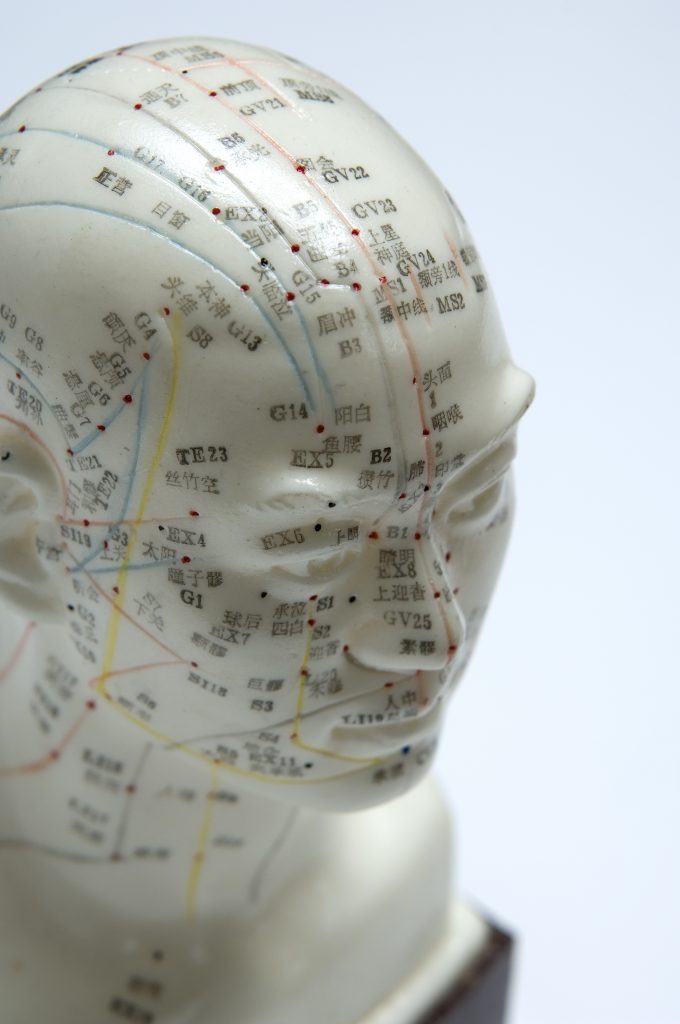
Just remember – there are no such things as specific ‘acupuncture points for depression’! What we are cheerfully calling such here are acupuncture points that are used in a variety of ways and for a variety of syndromes. It’s just that here we are using them for syndromes related to depression.
To understand more about this, read Acupuncture for Depression.
For qi deficiency, an acupuncturist would choose probably one or more of the following acupuncture points ‘for depression’: Lung 9, Stomach 36, Bladder 13, Triple Burner 4, Large Intestine 4. Probably not all of them because your acupuncturist only wants to do enough to stimulate your body to improve itself. Too much treatment, even for depression, can be detrimental, especially where there is great weakness from Qi deficiency.
He might also use points on our upper torso, front and/or back, where there are powerful points for your chest and lungs, heart and circulation. You ask ‘Which?’
This depends on the particular reasons for the deficiency.
For example, if there were also Kidney qi deficiency, treatment might use acupuncture points for that too. Although choosing points for Kidney qi deficiency is not difficult, it adds a layer of complexity. That’s because depression from Qi deficiency is a form of yang deficiency. Kidney points, even those intended to boost yang, nearly always strengthen yin too. Too much yin energy suffocates yang!
To get round that your acupuncturist might use moxibustion on yang points on Kidney or Bladder channels, or on another yin channel, ‘renmai’ known as the Conception vessel. For more on this see below under ‘acupuncture point names’.
Of course, because Qi is a form of Yang energy, you, the patient, should eat warm foods and be kept warm, and avoid cold or frozen food or drinks.
Your acupuncturist can advise you on many vital nutritional matters besides doing acupuncture. (You can undo, even sabotage, the benefits from his treatment if you ignore his nutritional advice – it can be that important!)
In choosing points acupuncturists often consider their names. Some point names clearly relate to their location, but many describe an aspect of the function of the point.
With qi deficiency being a form of yang deficiency, and yang being related to non-material concepts, he might choose points whose names contained the word ‘spirit’ or ‘shen’, such as
He might also choose a ‘Metal’ point on the Kidney channel to tonify the Kidney, because – per the 5 Element acupuncture system – Lungs are Metal and therefore the ‘mother’ of Kidney.
Or he might just needle Bladder 23 [Shenshu – ‘Kidney Shu’] although moxibustion would be better. Needling Bladder 23 might be too yin – and a bit ‘primitive’ in this situation – and so might lower the spirits for a while, which would be the opposite of the aim, which was to raise Qi deficiency and hence the ‘depression’ it caused.
Here’s an important situation regarding the effect of stress. This is when you think you are exhausted and depressed, but actually what you have is called Qi Stagnation.
A common form of this is Liver Qi Stagnation.
The classic acupuncture point is
Also, or alternatively,
A famous combination to relieve Qi stagnation and to help any depression it causes is
Put their names together and you get great rushing and joining the valley, implying moving energy and letting it flow smoothly. Taichong is the Liver’s tonification point, helping to move Blood, and Hegu is Large Intestine 4 which helps to clear excess from the top, moving and clearing Qi. Together they remove the impasse between Qi and Blood which led to depression.
Actually, Liver qi stagnation can go far beyond the symptoms above. By interfering with the flow of body fluids and the body’s normal metabolic processes, it can lead in time to many other, deeper and more intractable forms of depression, and physical changes in your body that become harder to treat the longer they remain.
To understand more about the Liver’s sphere of action in Chinese medicine, click here.
The following syndromes used with acupuncture for depression are very common but as you’ll see if you read on, they become a little more complex, because various syndromes can morph into other syndromes.
Just a reminder: although a number of points are listed on this page, none of them automatically falls into a category of ‘acupuncture points for depression’!
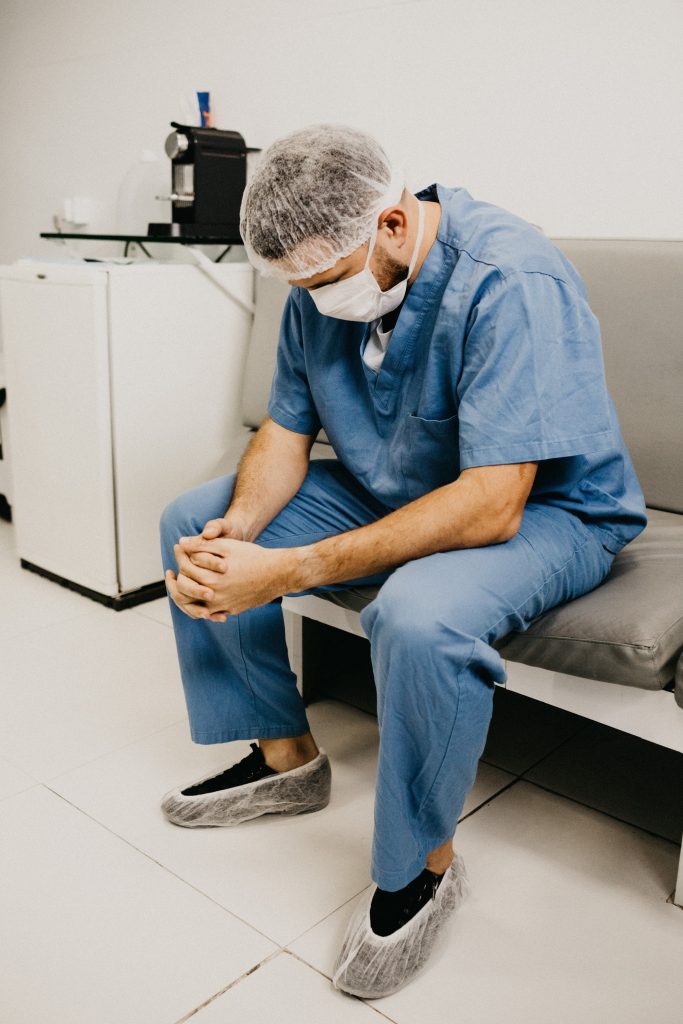
Here, acupuncture for depression points’ are chosen on the Spleen, Liver, Kidney or Lung meridians according to where the deficiency arises first.
Acupuncture for depression points (Remember! no such things exist!) here aims to calm excess Liver yang or Liver Fire: Liver 2, 3, Du 20, Gall bladder 20 and 21, Large Intestine 4. Bladder 18.
If Yang excess is because of Yin deficiency, use points like Bladder 23, Kidney 3, Liver 8, Kidney 2, Heart 6, Ren 4.
For disturbed Shen, (please remember that there are no specific ‘acupuncture for depression’ points as such!):
For Phlegm and Damp, use ‘acupuncture for depression’ (!) points like Stomach 40, Spleen 9, Ren 9, Large Intestine 4, Ren 17, Ren 12, Gall Bladder 17 and 18.
Of course, the points mentioned are only a selection of what an acupuncturist might do. He might also use points in your ear.
Knowing the points mentioned above, could you treat yourself?
Well, of course, you could, if you could reach them. Some of these so-called ‘acupuncture for depression points’ are inaccessible unless you are double-jointed!
For one thing you need to take your own pulse the Chinese way and interpret it and the condition of your tongue before starting treatment. Doing this helps a trained acupuncturist refine his diagnosis and improve his treatment.
Also, there’s the question of acupuncture safety. Do you really know what you’re doing?
Unless your D.I.Y. acupuncture for depression treatment rests on sound principles you may get it wrong: then how would you feel?
However, there’s a deeper reason for getting someone else to do acupuncture for depression for you. If you’re sick (by which I mean, not feeling in good health), you may easily take sick decisions about which acupuncture points to use and how to use them.
That uncertainty may upset your treatment. Also, you won’t necessarily understand what to do next, or how to recognise the changes you want. Often acupuncture treatment takes effect over a period of time.
There’s yet another reason for seeking treatment from someone else. Letting someone else take responsibility for treating you relieves you of the worry of getting it right. That means you’re more likely to relax.
In Liver qi stagnation, for example, your body isn’t finding it easy to relax so you need all the help you can get. And some of the points are on your back, so that’s another reason!
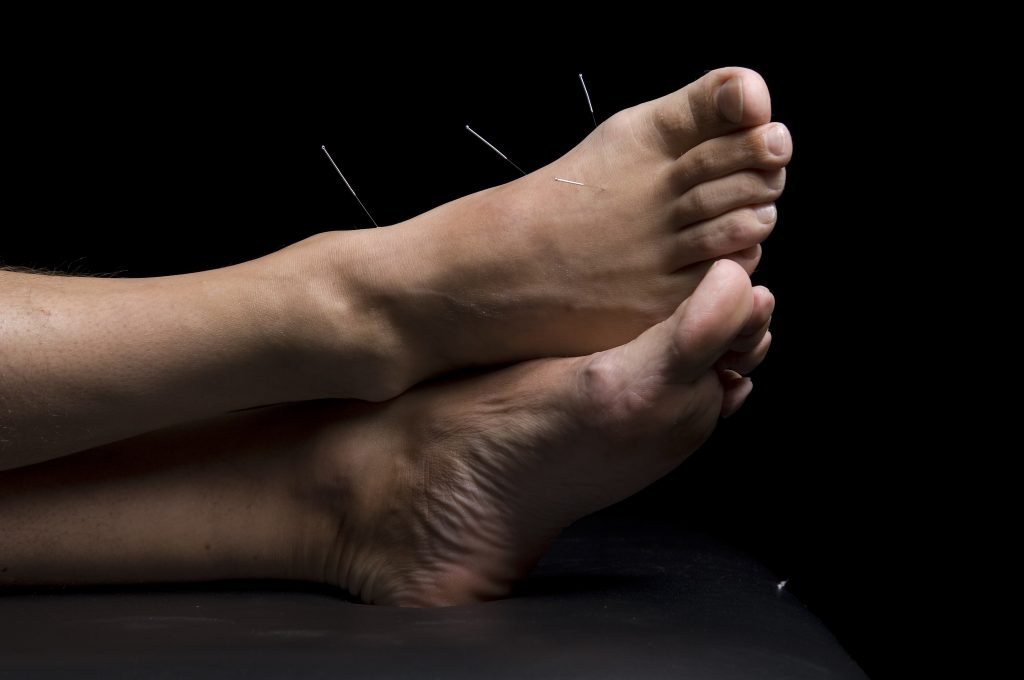
In other syndromes like those with severe anxiety, restlessness, worry, let alone irritability, don’t do your own acupuncture for depression treatment. You’ll never work out what’s best for you! What’s worse, you’ll worry you got it wrong, which certainly won’t be conducive to your better health.
Depression in Chinese Medicine tends to include both excess and deficiency, heat and stagnation. So-called ‘Acupuncture for depression points’ don’t treat the depression but the syndrome. If the syndrome improves, then the expectation, supported by experience, is that the depression will improve.
This – how TCM theory is put into practice – is a methodical system, not a miracle cure. It’s been used for centuries because understanding the psyche is an important part of Chinese medical practice.
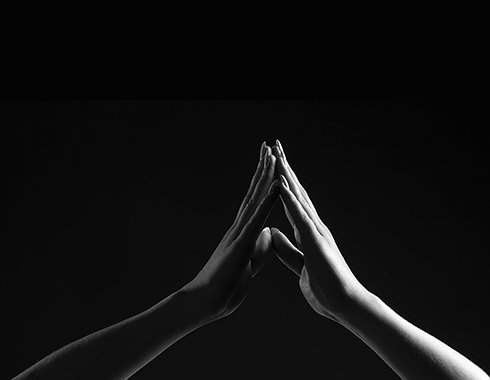
Lastly … I might use none of the above points. Instead, I might use others that are also very effective but often not considered. Every classically trained acupuncturist has a huge array of acupuncture points from which to choose. They add subtlety and elegance to his treatments and they make it more interesting and enjoyable.
In my case, I might use unblocking treatments which come from Japanese acupuncture experience. After that, one of the extraordinary’ channels from classical Chinese medicine to put the patient’s body into a receptive state.
This lets it reach in to some of its deepest resources, some of those the patient was born with.
Then, I use feedback from the patient’s abdomen or pulses. Also what they say or how they say it – the sound of the voice – from training in 5 Element theory. I might then go on to balance whichever of the channels seems to be awry.
If there was pain, at this stage I might need to use other techniques to discover where there were points to balance the problem causing the pain: one way is via the Tan Balance system.
These points might not be described in acupuncture manuals, but nevertheless they exist and can be very effective, and quick.
Of course I might start a completely different way. I don’t know until I meet the patient and take a careful case analysis.
I do not have a specific ‘acupuncture points for depression’ formula!
Probably as old as any other part of Chinese medicine, and now practised widely in the West (when the modern Chinese have almost abandoned it) this is a powerful way to help people get themselves straight. Worth a read!
Modern research has shown how important points on the head are for many conditions, including depression.
The acupuncture channels that we have always known about – well, for 3000 years – that traverse the surface of the scalp are the Dumai – the governor channel, the Bladder and the Gallbladder channels. Several other channels come close or enter the hairline, such as the Three-Heater and the Stomach channels.
But modern scalp acupuncture approaches the scalp an additional way. Research has shown how certain areas of the head relate to specific functions, such as the motor nerves.
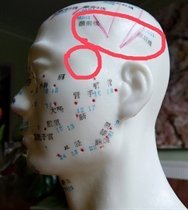
Likewise, there are scalp points, and areas, that relate say to eyesight. In Chinese medicine, our vision is both a physical and a mental, even spiritual, property. Depression tends to make us look down, rather than up: it tends to make us feel we have no future.
So our ‘vision’ is impaired and hence, using points for vision may help us look ‘up’ and ‘forward’. When we start looking forward to life, by definition we are almost certainly less depressed!
From all this I hope you’ll realise that acupuncture has many ways of dealing with depression and it comes down to the acupuncturist’s knowledge, experience and ability, to choose what is best for you.

Stay in Touch!
No spam, only notifications about new articles and updates.

Book a Video consultation if you want to know more about your symptoms

This Introductory Chinese medicine course introduces you to the amazing thinking behind this ancient medicine, now increasingly in demand.
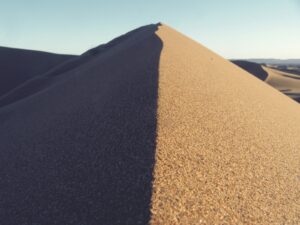
The Scottish College for Chinese medicine provides introductory courses for all, explaining Chinese medicine and its cultural background.
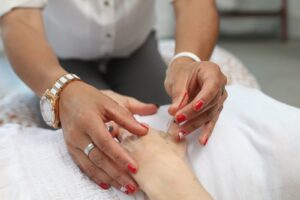
Master Tung’s acupuncture is a hidden treasure, lost to China but recovered in Taiwan from where it spread round the world.

Knee pain has five main causes. It’s certainly worth trying acupuncture before you resort to surgery!
Subscribe to the Newsletter
If you are interested in understanding how Traditional Chinese Medicine can improve your life sign up to my newsletter for the latest updates.
Subscribe to the Newsletter
If you are interested in understanding how Traditional Chinese Medicine can improve your life sign up to my newsletter for the latest updates.